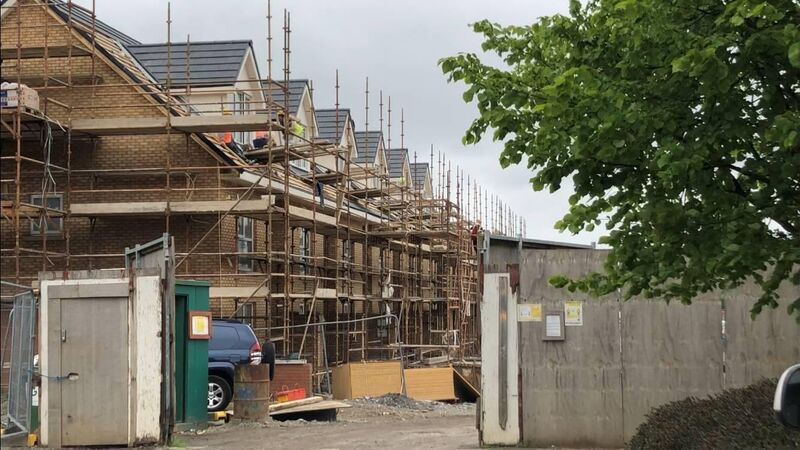Mick Clifford: Planning bill may be a solution that's not fit for purpose

'It is difficult to escape the feeling that the planning bill is a rushed job to make up for lost time in which the imperative is to get things moving fast to alleviate the housing crisis ahead of the next election.'
The new planning bill is moving through the Oireachtas at a fair old clip. For the last few weeks, it has been subjected to what is called pre-legislative scrutiny.
Here, the housing committee examines the draft heads of the bill to see whether it will make good law and what should be changed.











